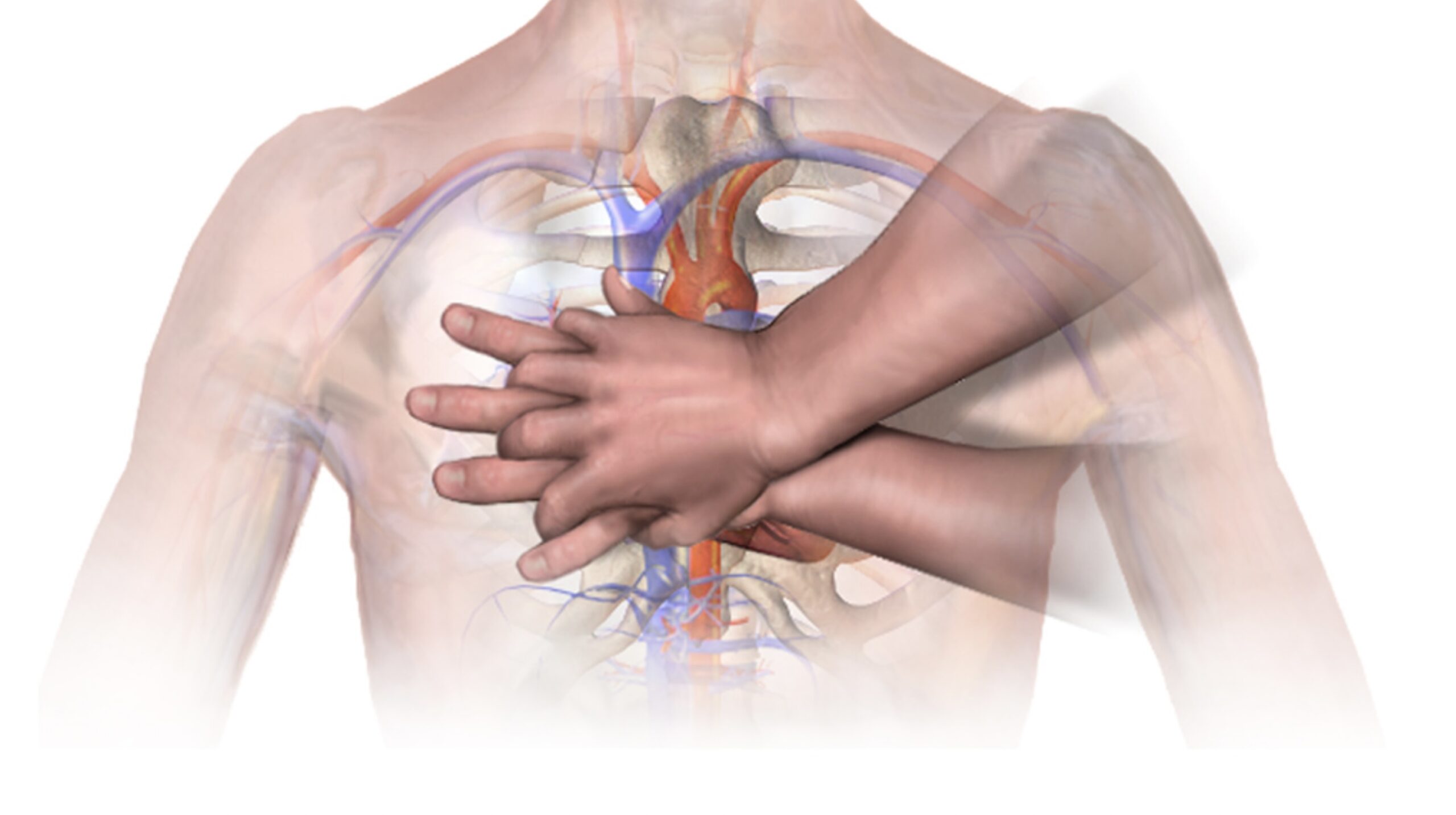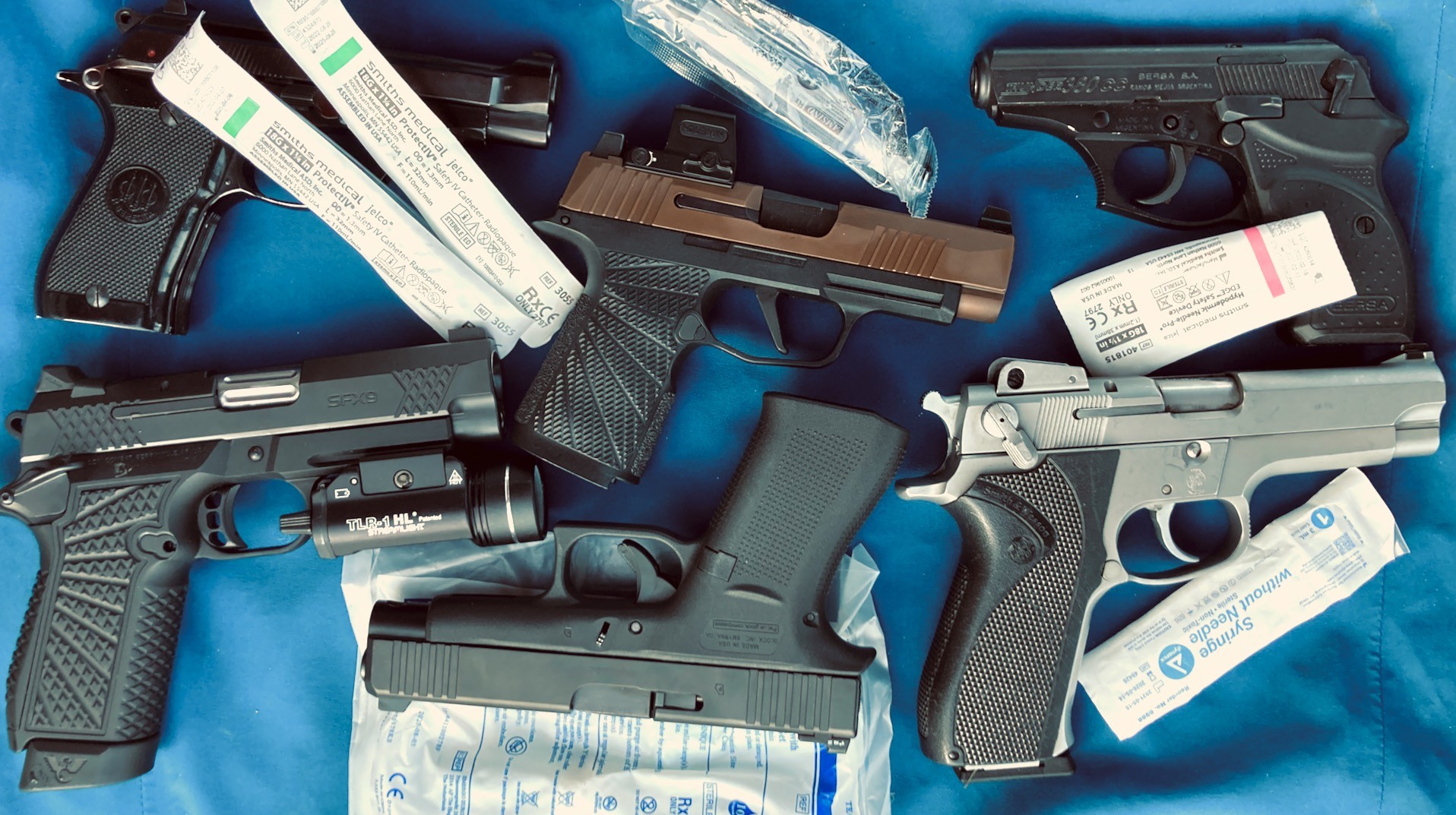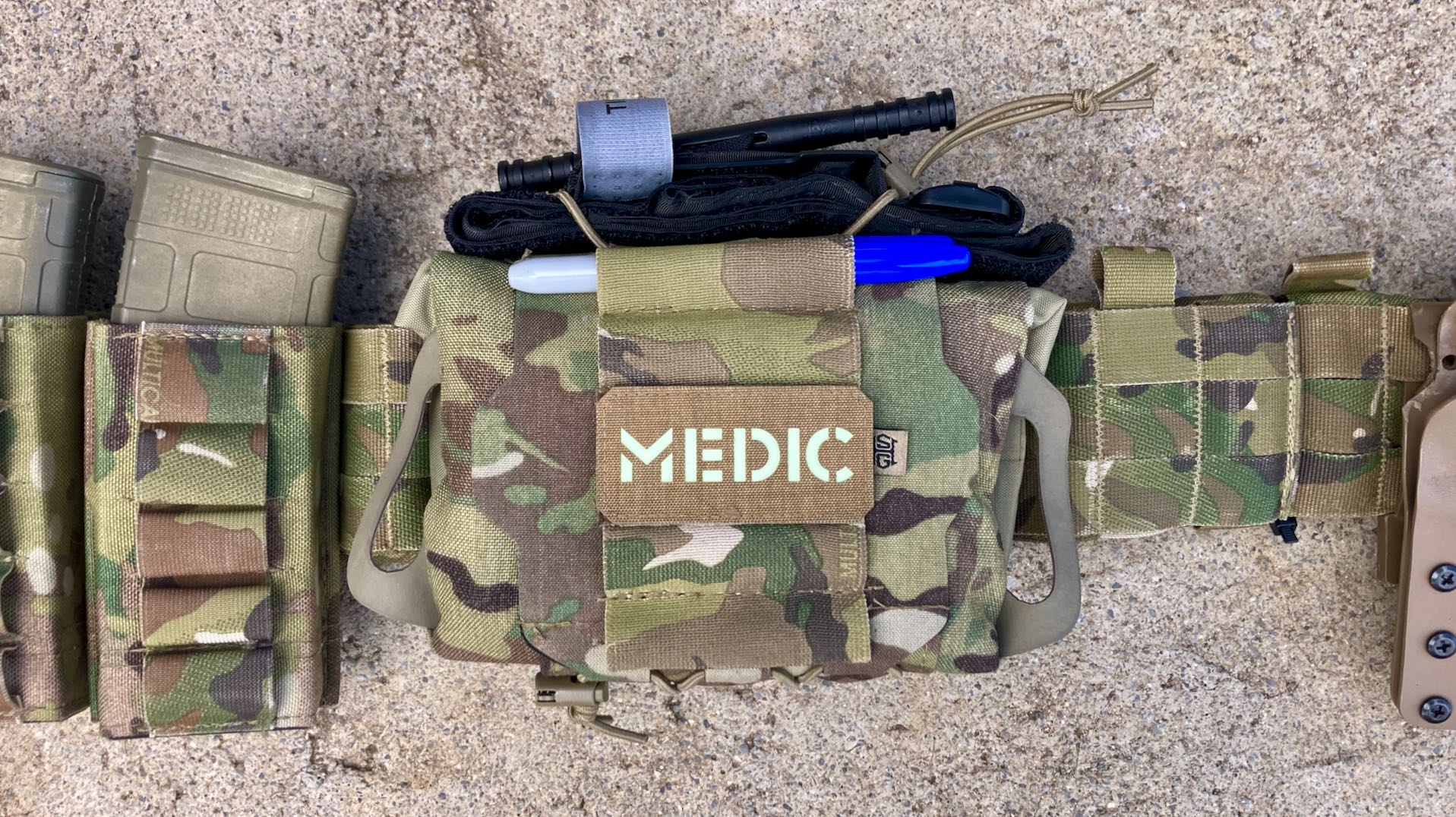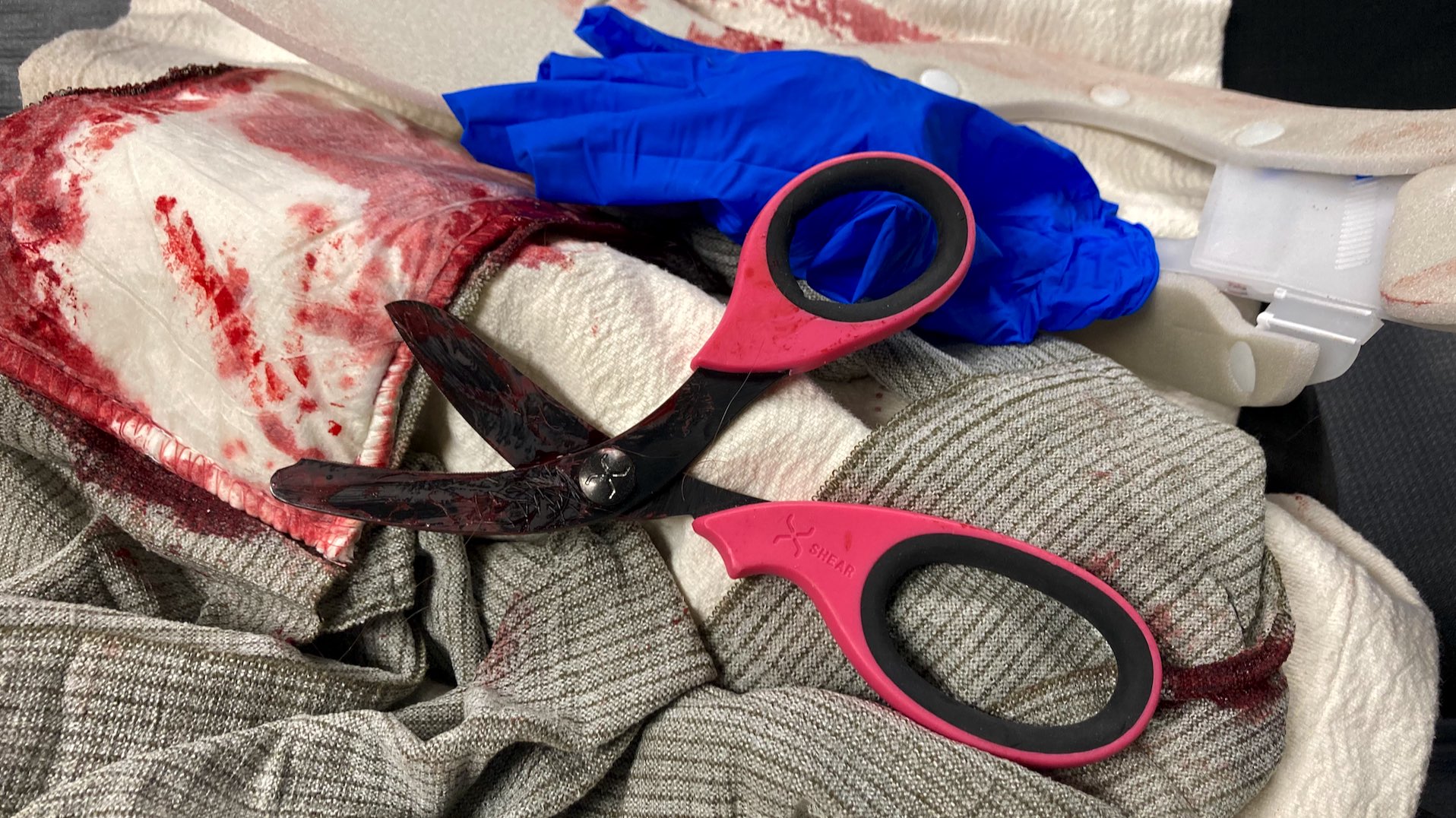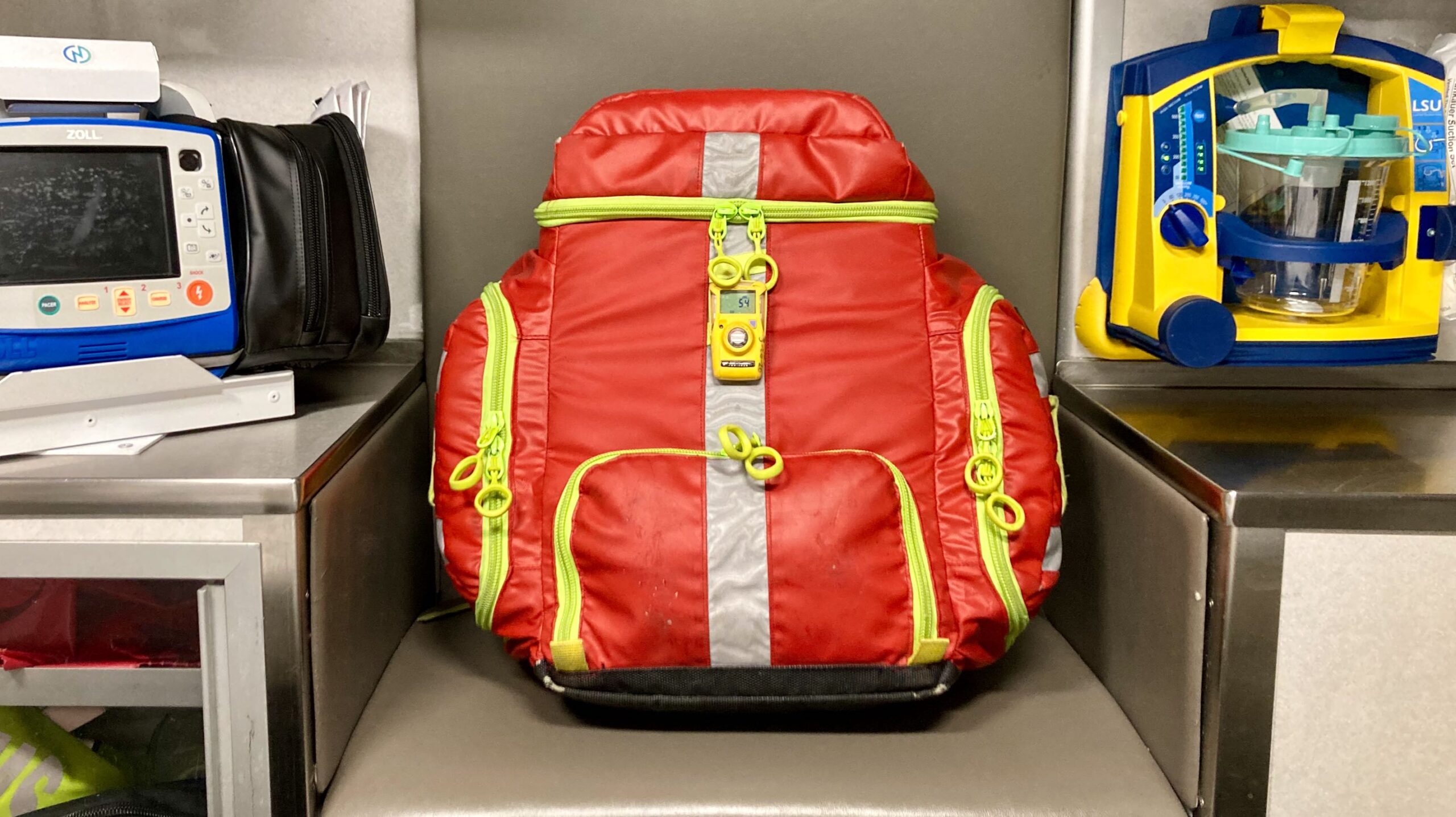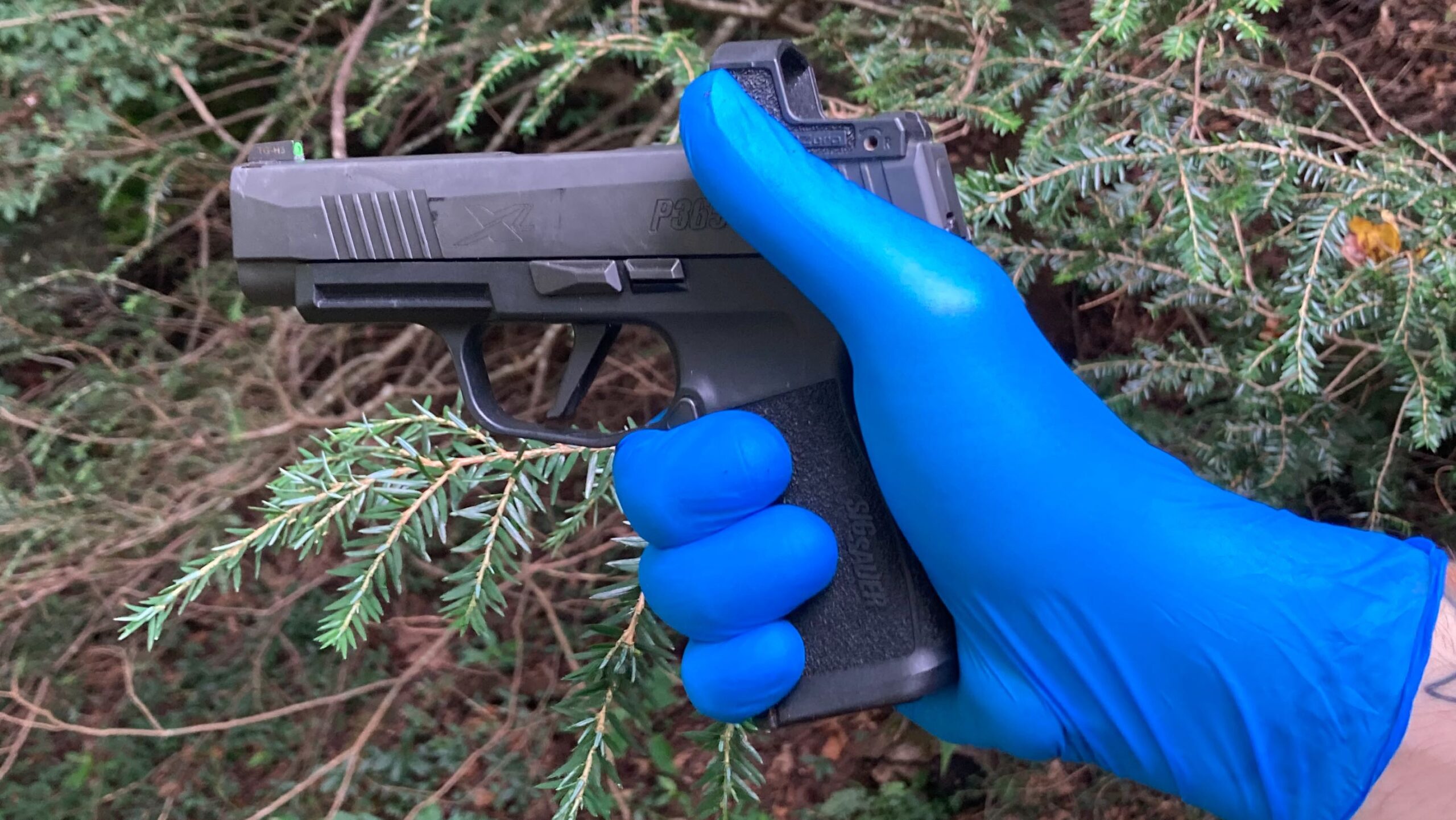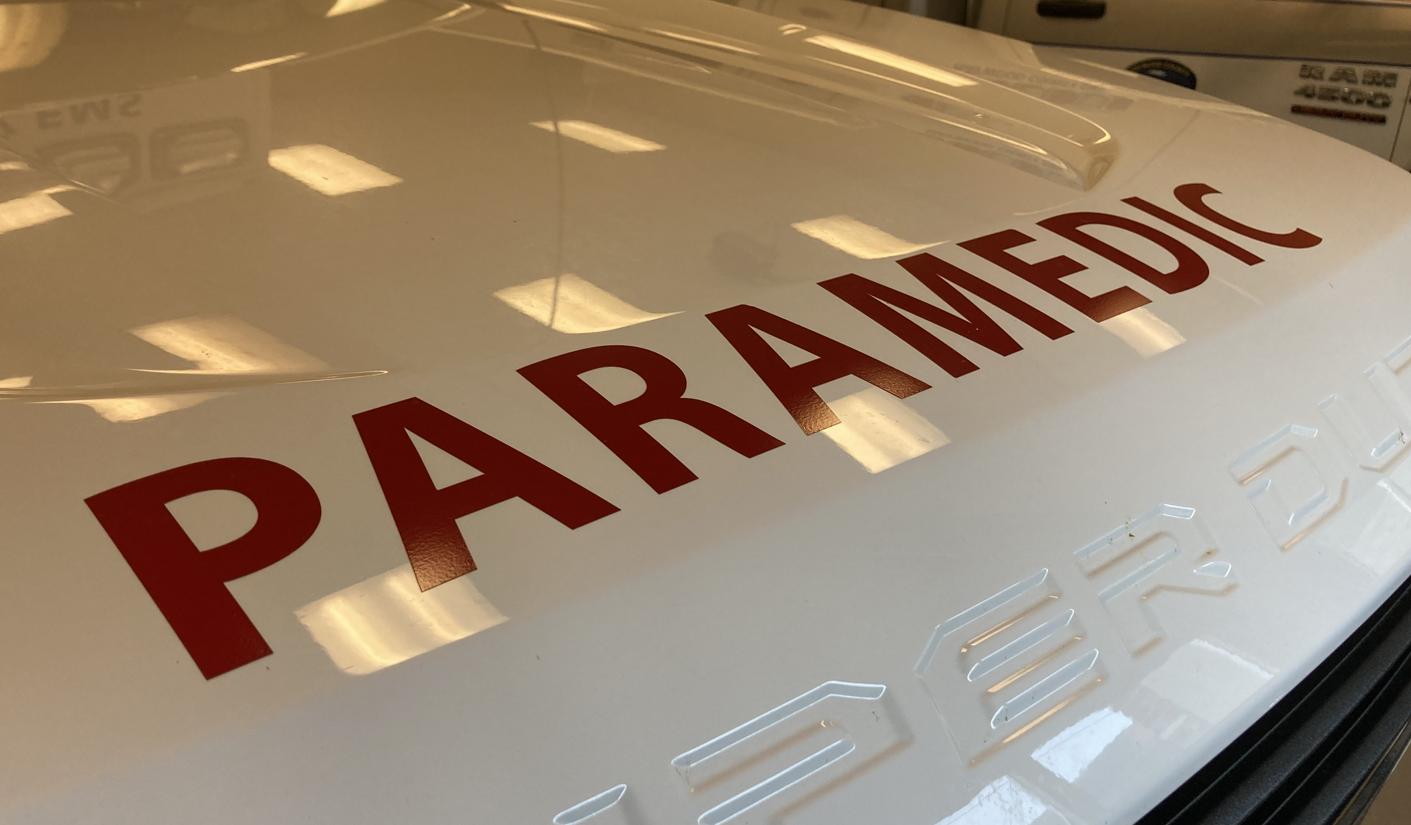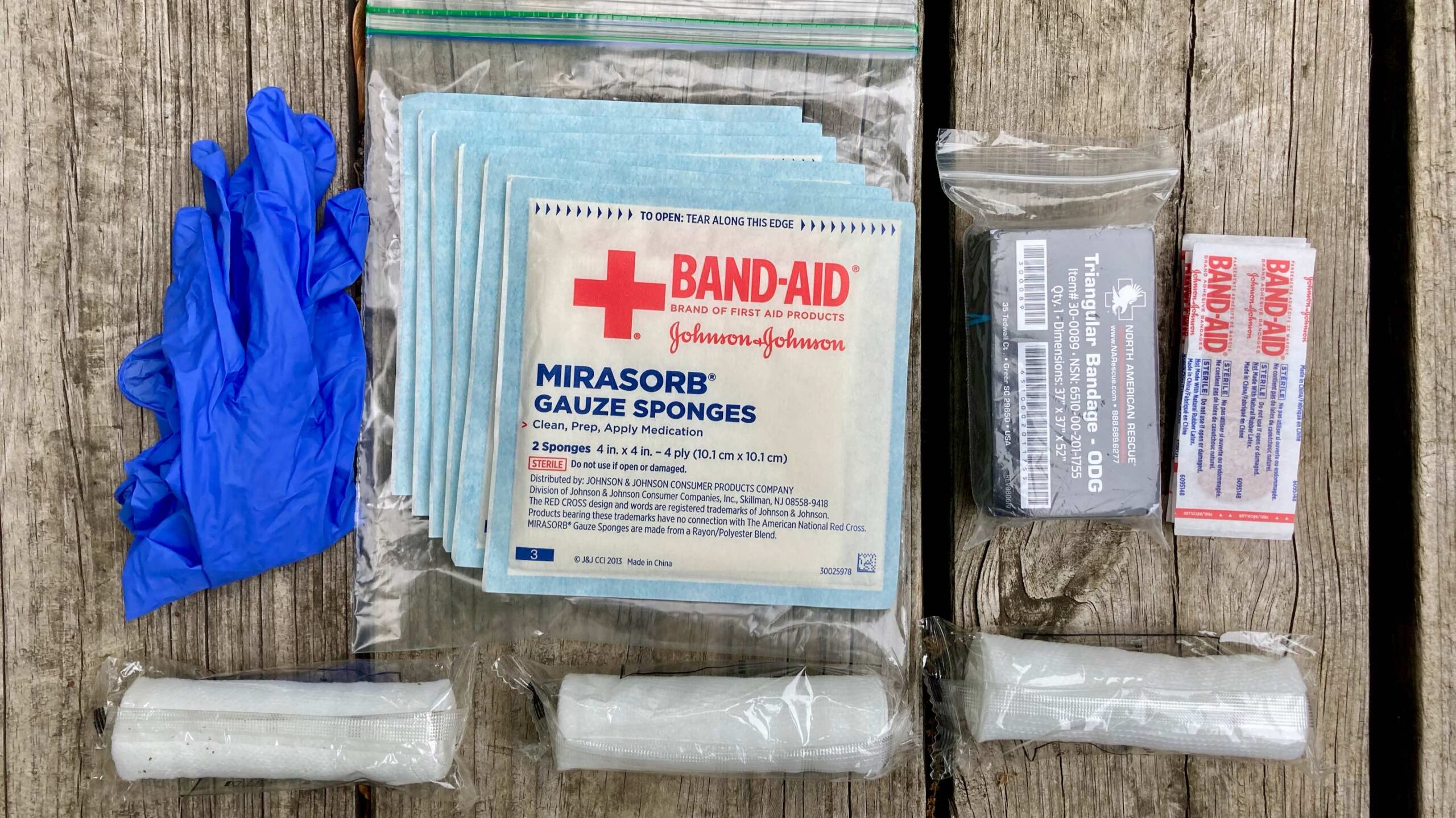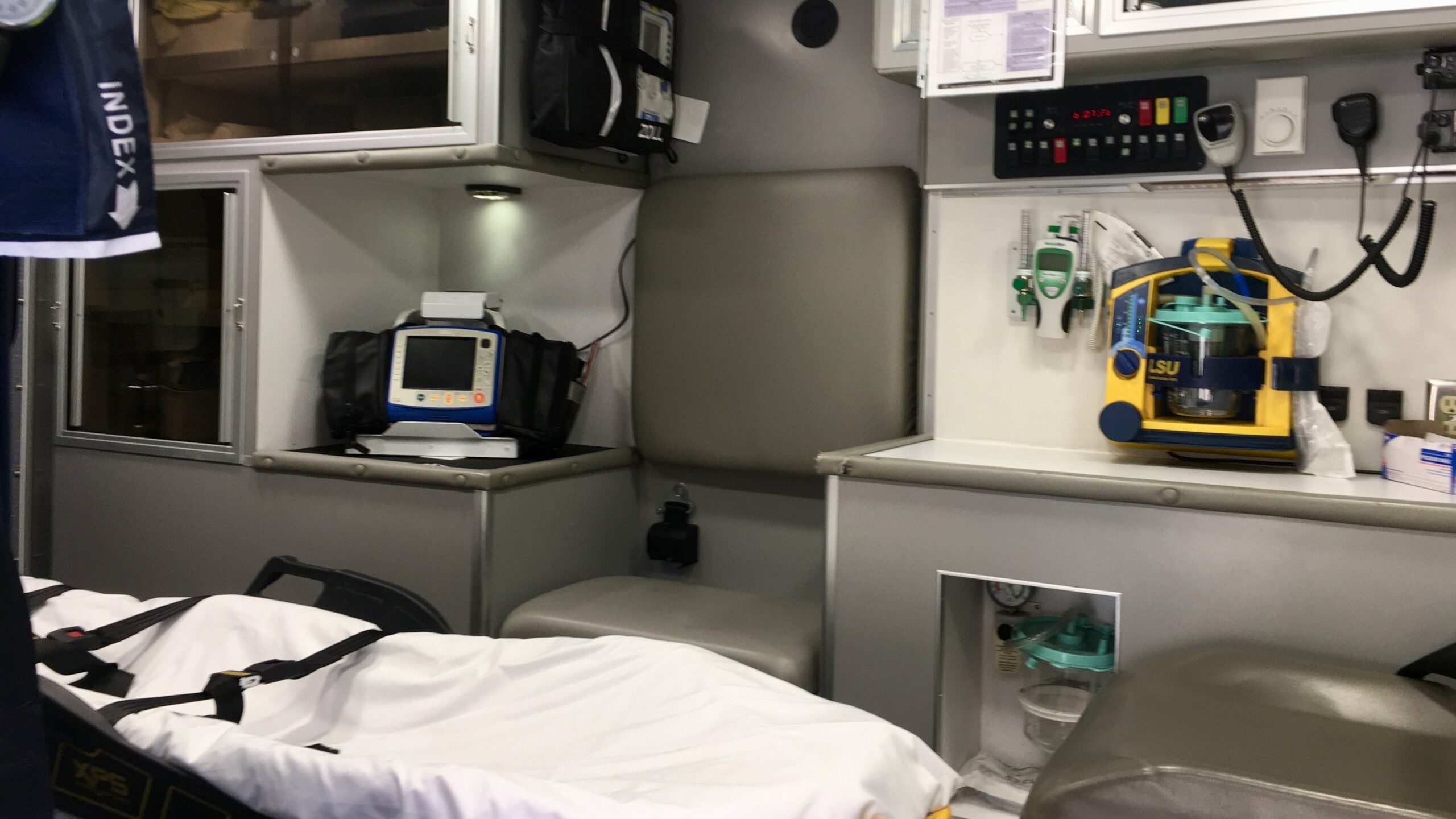The title is not clickbait. On Saturday, January 6, 2024, someone who was trained in CPR saved my life. I’ve said in the past that CPR is at least as important the TCCC-style, tourniquet-based training, and I’m now even more adamant about it. Though no one performed CPR on me, someone trained in CPR saved my life.
Handling Patient Firearms for EMS Professionals I: Pistols
Firearms are a fact of life for EMS professionals. Patients sometimes have guns on or around them. Usually it is up to law enforcement to secure firearms, but that’s just not always feasible. This article takes a look at some of these situations. More importantly, it offers a principle-based approach to handling patient firearms for EMS professionals. This article is also great information for firemen, cops, and just about anyone else.
Medical: HSGI Reflex IFAK System Review
Medical gear is a critical component of any battle belt, bump-in-the-night kit, or whatever you want to call it. If you go to guns, there is a chance that guns will go to you or your loved ones. You need to be prepared to deal with it. It’s also a really good idea to have a “blowout kit” with you at the range. I spent quite a bit of time picking out a suitable individual first aid kit (IFAK), and finally settled on the HSGI ReFlex IFAK System about a year ago. I’ve been using it since then, and this is what I think of it.
XShears – The Best Trauma Scissors
I wasn’t really looking for better trauma shears when I stumbled upon XShears trauma scissors. I was mostly OK with the cheap, disposable trauma scissors I get for free at work. A friend gave me a pair or XShears as a gift and I realized XShears are the absolute best trauma scissors. This article is mostly for my EMT/Paramedic crowd, but if you need a pair of bomb-proof scissors, read on!
Why So Many People Show Up When You Call 911
Have you ever wondered why so many people show up when you call 911? I get this question regularly in my job. I hadn’t thought about it too much until I recently read Jason McCarthy’s book about founding GoRuck. He relates being on the scene of an ATV wreck and getting a huge fire/EMS turnout. “Doubtlessly because they were bored,” he figured. No offense to Jason (I’m a big fan of GoRuck products, btw), but it’s not because they are bored. Let’s look at why so many people show up when you call 911.
First Aid: The Paramedic Jump Bag
A while back I wrote an article about my home first aid kit. One criticism I received really stuck with me. I was told my recommendations were “too EMT” for the average individual. Today I would like to put my little home first aid kit into perspective by showing you the contents of a paramedic jump bag.
Beyond Tactical: Black Medical Gloves
I’ve observed a recent trend of cops and even some firefighters wearing black medical gloves. Black medical gloves come with a lot of popular prepacked “IFAK”-style medical kits. This is a good example of “too tactical,” or the cart leading the horse. If you buy a first aid kit that comes with black medical gloves, find some new gloves. I’ll explain why.
Becoming a Paramedic
Today I write to you as a a fully-credentialed, practicing paramedic. This post is going to talk about how I got here, and the road to becoming a paramedic. I’ve written about this a little bit before, when I had just started school. There seems to be a lot of mystery about becoming a paramedic, so today I’d like to go into a bit more depth. Here’s my experience. Yours might be a bit different.
The Basic First Aid Kit
I’m guilty of getting a little too in-the-weeds sometimes. I like to explore topics to a point of near-expertise and where possible gain some actual experience in those topics. First aid is one such topic. I’ve written several articles on first aid kits and thought I would take a moment today to add a sanity-check to the mix. Today I’m going to veer away from sexy, expensive tools and talk explore the basic first aid kit.
Why You Should Become an EMT
I was MIA for most of last week. I was doing clinicals – 12-hour shifts in an ambulance – for my EMT class, which didn’t leave me much bandwidth for anything else. While I was riding around in an ambulance I had a lot of time to reflect on a recent reader question: Would you consider penning [an] article regarding your EMT course? That’s something I’d be interested in pursuing…

